Advertisement
From vinegar to vanilla: Trump tariffs leave Massachusetts small businesses in the lurch
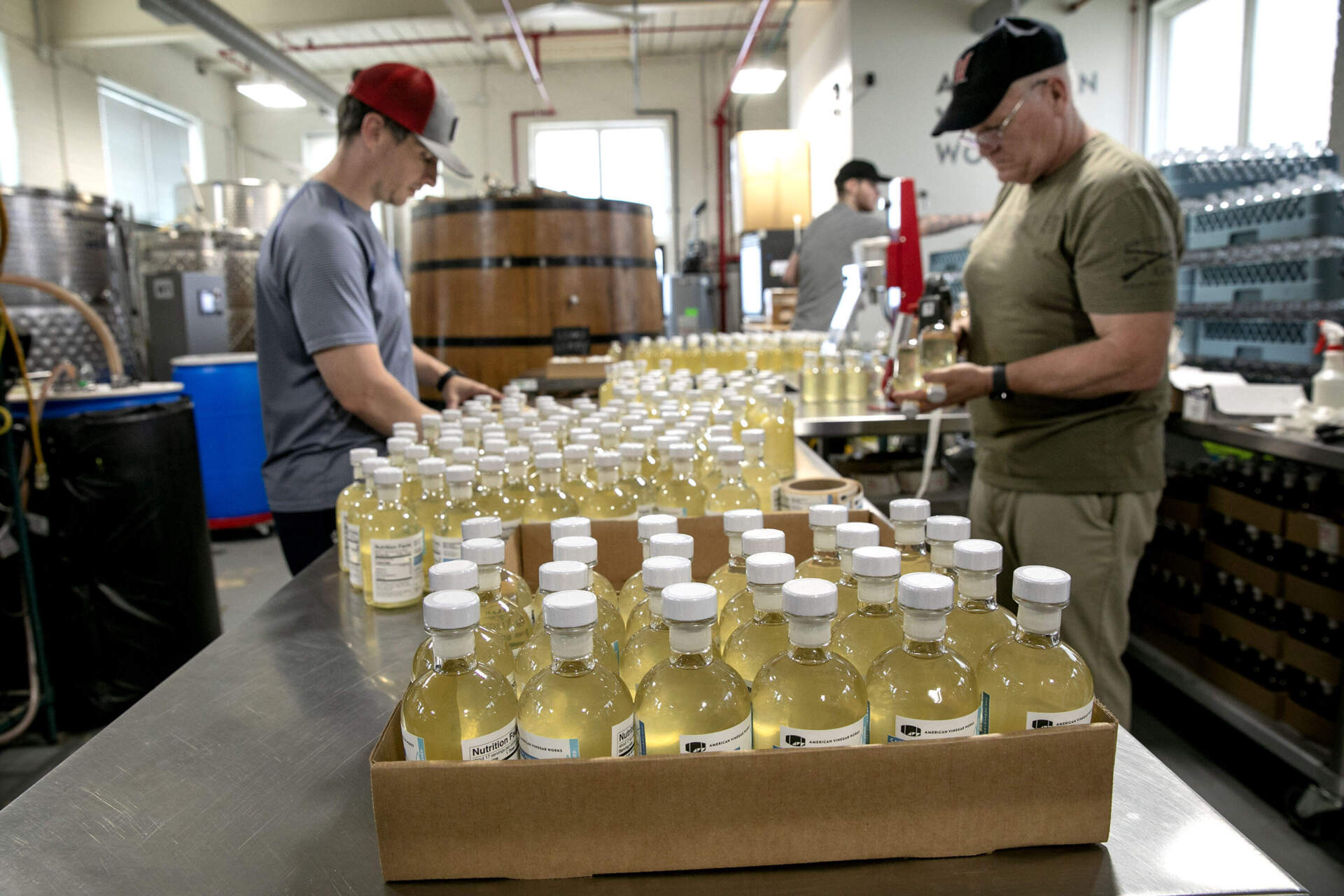
Inside a 2,000-square-foot historic mill in Worcester on a recent Thursday, four workers hand bottle rice vinegar.
The mill is home to American Vinegar Works. For six years, owner Rodrigo Vargas and his team have crafted 17 types of specialty vinegar, using American-made alcohol aged in domestic oak barrels.
“ Everything that's in a bottle is coming from the U.S., and it's made by us here in Worcester,” Vargas said. “The packaging, however, is coming from China.”
Small businesses in Massachusetts say they are feeling squeezed by President Trump's on-again off-again tariffs on countries around the world. Though the tariffs impact businesses of all sizes, their smaller footprint means they are more deeply impacted by trade policy swings.
The increased tariffs on Chinese goods are creating a precarious financial outlook for American Vinegar Works.
The shop's distinctive bottles, with short necks and rounded shoulders, are imported every few months — 20,000 per shipment — from a Chinese supplier.
Vargas said he has “very slowly, but very surely” built up a loyal customer base, honed in part from “brand recognition [that] comes from the shape of the bottle itself.”
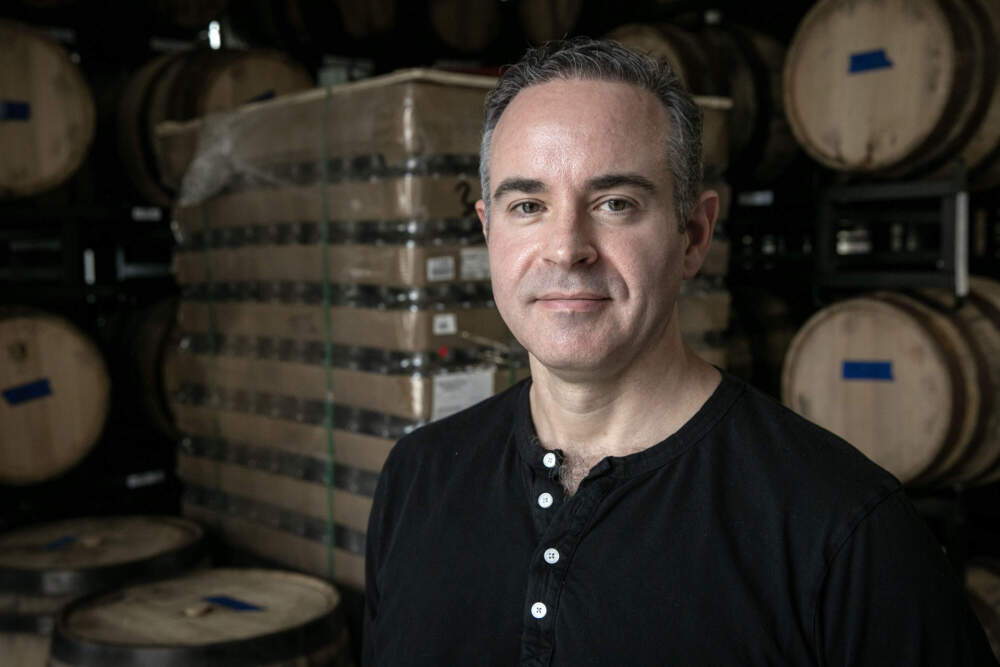
Since 2019, during the first Trump administration, Vargas has been paying a 25% glass levy that adds up to about a dollar for each bottle and cap.
In March, a bottle shipment already at sea was hit with a new 10% tariff — on top of a 10% tariff imposed a month earlier, amounting to a tariff 20% higher than the last time he ordered in November. The increase followed Trump's decision to double tariffs on Chinese imports as a penalty for not stopping the flow of fentanyl and illegal immigration into the United States.
Vargas paid nearly $2,000 for the shipment when it arrived at Boston Harbor, almost double the amount he’d been paying. But it could have been worse. Had the bottles arrived several weeks later, he could have been on the hook for $6,800 due to another tariff increase. Vargas shared information from packaging manager TricorBraun that shows the total tariff on glass containers from China stands at 170%.
“These tariff fees on this one small shipment of glass are equivalent to nearly two and a half months of rent of our small manufacturing facility,” Vargas said.
Advertisement
Vargas said he has tried sourcing the bottles domestically, but did not find any viable options.
“ Most [U.S.] bottle makers are gonna require you to consume half a million bottles of vinegar,” he said. “We've never in the life of our company sold half a million bottles of vinegar.”
Things started looking up when he found a new Taiwanese supplier who could handle smaller orders and develop a custom mold for his bottle design.
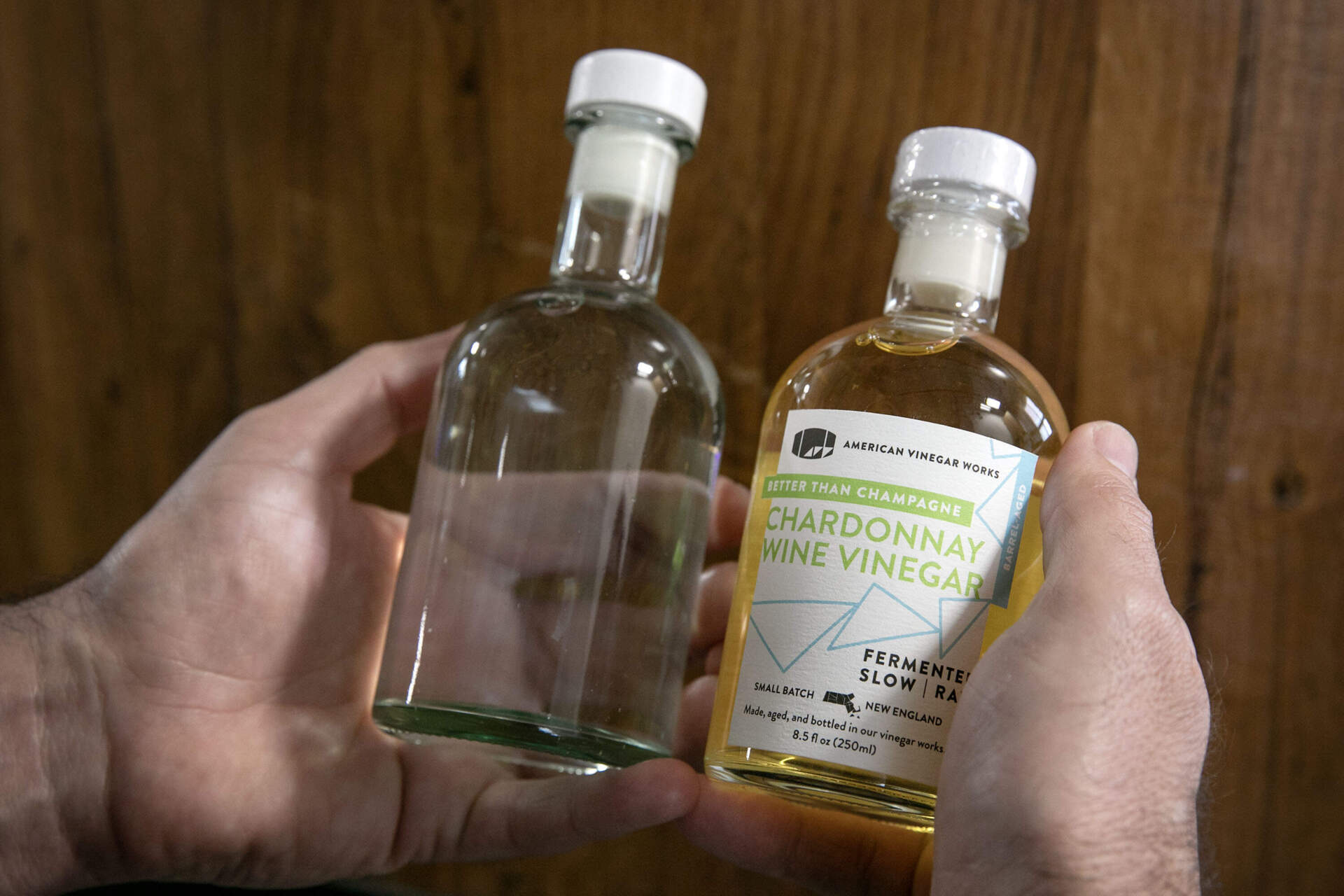
But the pivot is not risk-free: His first expected shipment of 140,000 Taiwanese-made bottles could still face a 32% tariff if it arrives after the 90-day pause expires in July.
“This game of whack-a-mole of moving production from one place to another … it's not something that small businesses can sustain,” Vargas said. “We don't have the capital, we don't have the leverage.”
‘A lot on the line’
Claire Cheney, owner of Curio Spice Co. in Cambridge, is worried if she can continue offering products that rely on imported ingredients — like vanilla extract.
Curio imports vanilla beans from Madagascar. If a 47% tariff on Madagascar goods takes effect in July as expected, a $5,000 order of a 55-pound bag of vanilla beans could jump by more than $2,000 overnight.
That could raise the price of a bottle of Curio’s vanilla extract from $16 to $30, a price no customer may be willing to pay, Cheney said.
Curio’s model depends on close relationships with small producers from countries like Cambodia, India, Japan, South Africa, Sri Lanka and Vietnam, which could all face tariffs between 24% and 49% starting in July.
That's when the Trump's pause in global tariffs, which he originally announced in April, is set to expire. He halted the tariffs for most countries, except China, after steep drops in the stock market.
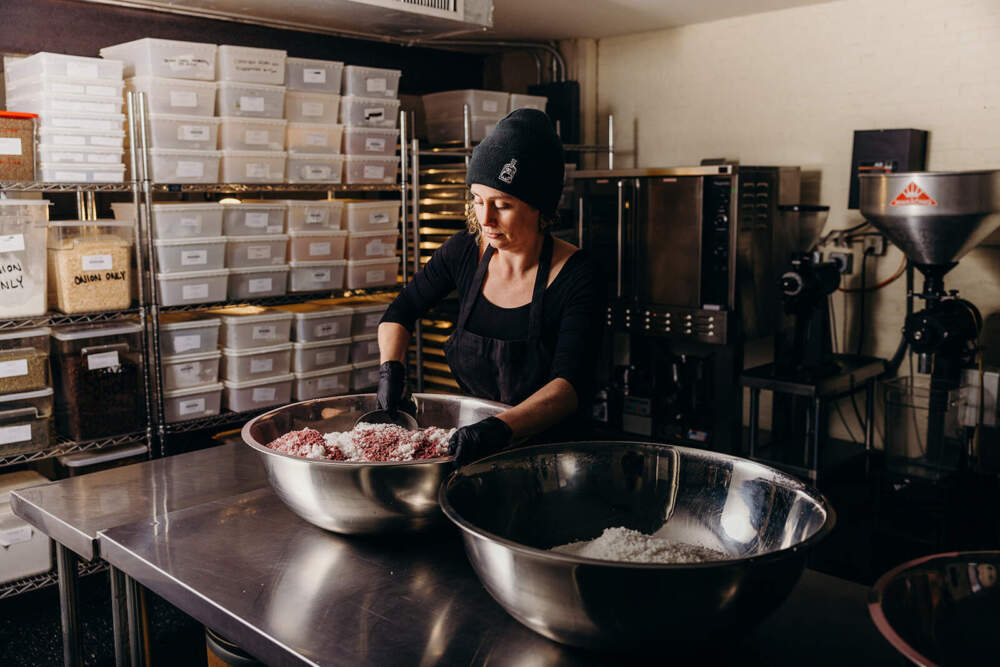
Before Trump suspended the tariffs for three months, Cheney said she was frantically texting her suppliers on WhatsApp to inform them of the situation and to “hang tight.”
“There's a lot on the line,” she said. “Like we're not a corporation who can just kind of depend on a financial cushion to hang tight while the politics play out.”
Anna Nagurney, a professor at UMass Amherst who studies supply chain networks, says the global tariffs will impact consumer behaviors across the board. Even with the current pause, Trump's new universal 10% tariff — except China, which has a new 145% levy — remains in effect.
"The tariffs will increase the prices of imported goods. They will affect the variety, they will even affect the volume," she said. “Our businesses are going to be hammered, and consumers will be suffering.”
Some local small business owners are already feeling this ripple effect.
“People aren't shopping as much,” said April Gabriel, owner of Boston General Store in Brookline, which sells handcrafted kitchenware, candles and other goods. She said sales are down about 10% compared to last year.
“I think sales in general are down because people are unsure of what's going to happen," she said.
Right now, small businesses like Curio Spice and American Vinegar Works are trying to hold prices steady.
But if tariffs rise or remain unpredictable, owners may need to adjust their prices or pivot their supply source as they scramble to adapt.
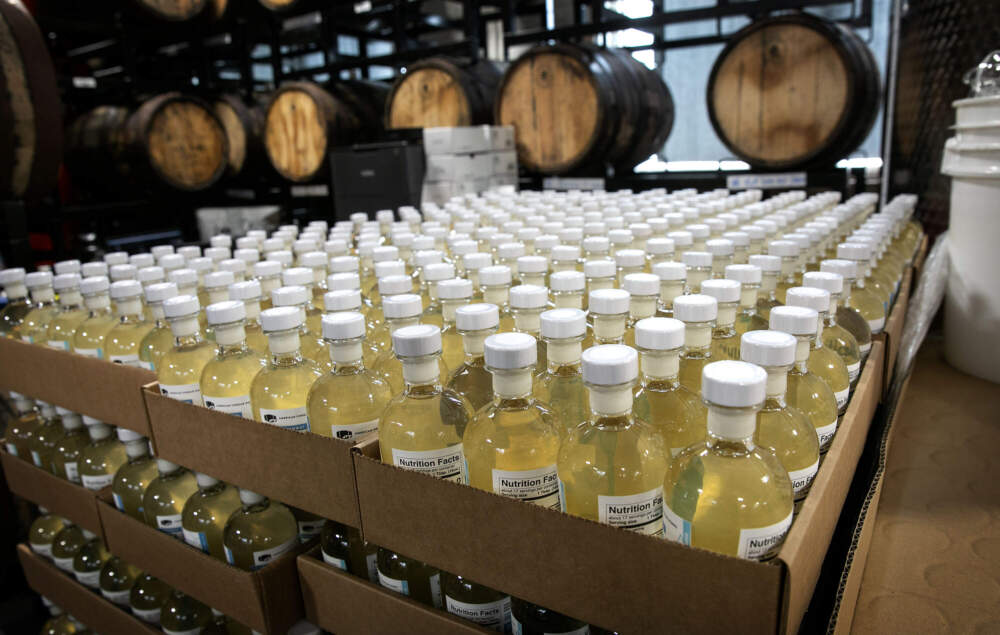
This segment aired on May 5, 2025.
